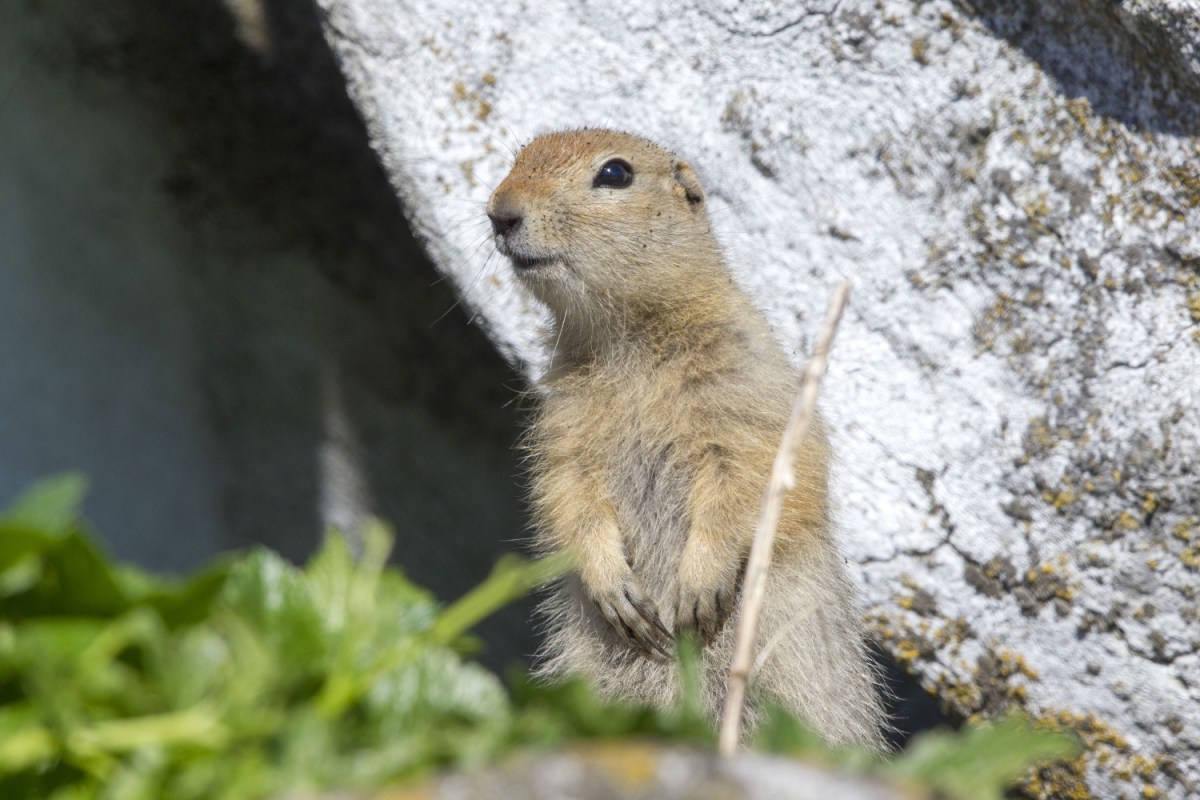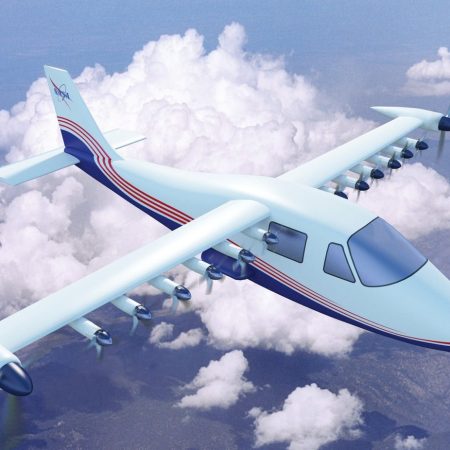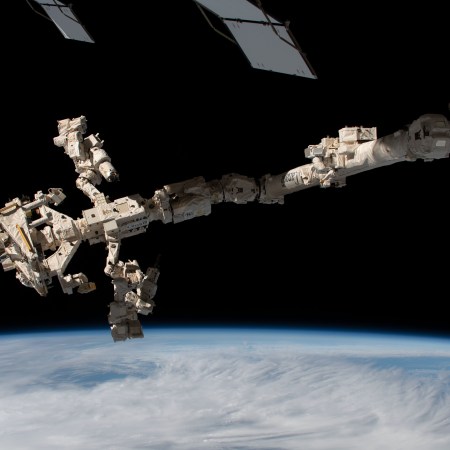What doe squirrels have to do with interstellar voyages? If you watch enough science fiction involving space travel, you’ll eventually see spacecraft designed to travel from planet to planet over the span of decades — or even centuries. It’s a concept that’s come up in everything from the recent series The Ark to films like Passengers and Prometheus. But it’s one thing to say “the ship’s crew will sleep for a hundreds of years” and another thing altogether to figure out how to make it work scientifically.
Is something like this even possible? Well, that’s where the squirrels come in.
As Space.com reports, NASA is currently funding research into hibernation to see if humans could be placed into a similar state for long voyages to the stars. This includes work being done by Dr. Kelly Drew at the University of Alaska, Fairbanks in which the hibernating animals being observed are, in fact, squirrels.
Dr. Drew’s research focuses on Arctic ground squirrels, which are hibernators among hibernators — they’re liable to sleep for nine months out of a given year, according to a NASA press release. And given that they can survive freezing temperatures while in that state without their bones or muscles being affected, their ability to hibernate is of particular interest to NASA.
Could These Mountain Rodents Hold the Key to Human Aging?
The strange world of yellow-bellied marmotsIt’s a fact worth squirreling away in your mind. Just remember, the next time you’re watching Ripley wake up from suspended animation in Aliens — a squirrel might be responsible for all of this. It might just make any science fiction film that much more entertaining.
Thanks for reading InsideHook. Sign up for our daily newsletter and be in the know.


















